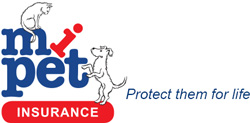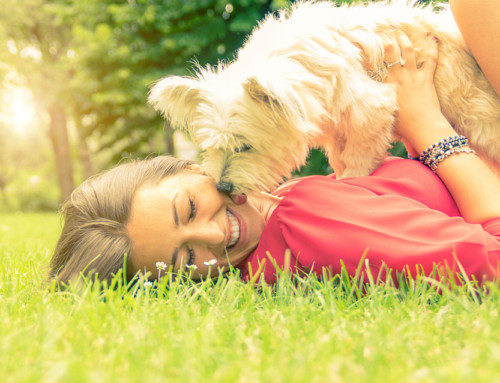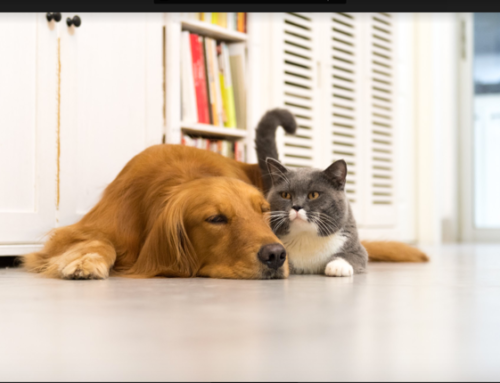We want our new furry family member to be healthy and get the best nutrition possible as they grow up. But a lot of the time it can be hard to work out just how much food their little bodies need – especially when they gobble up their food, or stare needily at us and beg us for more. Come on, we’re only human! Here are some of your important questions answered:
How much food should my puppy consume?
There’s no exact formula for feeding your puppy. All breeds require different quantities of food based on a variety of factors like their size and weight. This will change as he or she grows as well. While you can find suggested serving sizes on the label of most pet foods, it’s also important to check in with your vet regularly about what to feed your pup and how much.
Why does my puppy always seem so hungry?
It’s normal for your puppy to seem hungry all the time. Evolutionally, puppies that got the most adequate nutrients from food were most likely to survive. This is why they have such intense food instincts and will eat regardless of being hungry or not. For more information, see our guide to hunger in dogs.
How can I stop my puppy from begging for food?
Puppies can learn how to twist our heartstrings into giving them that extra piece of food very quickly. I mean, they did invent ‘the puppy dog look’ after all. They’re smart enough to work out that if they beg a human enough, the human will eventually cave in and give them a bit extra. This can lead to bad habits like loitering next to you while you’re having a snack or jumping up on the dinner table while you have guests over.
Here are some ways to avoid begging:
- Never give your puppy food if they beg.
- Don’t pat them, or pay them any attention while you’re eating.
- Never feed them out of your palm and always put food straight into their bowl.
Is it okay to give my puppy treats?
It’s okay to give your puppy treats – they do make excellent training tools, but keep in mind is that dog treats are the doggy equivalent of junk food. Dog treats commonly include nasties like mystery meat, sugar and syrups, cheap filler products, preservatives and chemicals. Avoid over treating your pup by only feeding them a treat if they’ve done something worth rewarding like gone to the toilet outside, or responded to your command.
Puppies generally aren’t picky – they may also respond just as well to a carrot or slice of apple, so why not try something healthy if they’ll go with it? Sometimes a treat isn’t even necessary: a lot of the time all congratulations your puppy will need is a pat and a cuddle. For more information on treats, see ‘Are treats good for dogs?’
Are there any foods puppies cant eat?
Yes. Some foods we eat are not made for the digestive tract of a dog, and can be a poisonous or hazardous when ingested. Here are a few puppy no-nos:
- Anything with caffeine or alcohol
- Cooking flavours and spices such as garlic, nutmeg, mustard, salt, chives, onions, onion powder or chilli
- Anything really fatty, like fast foods or fat trimmings as these are causes of pancreatitis
- Raw eggs
- Macadamias or walnuts
- Some fruits, such as citrus, grapes, raisons or apples with seeds
- Chocolate
- Tough bones, which can splinter
See common pet hazards inside your doors for more information on dangerous things your puppy could eat from around the house.
What happens when I overfeed my puppy?
Puppy dog eyes are hard to avoid. We love to see the eyes of our puppy light up and their tail wag, so sometimes there is enough gratification for us to keep feeding them more and more. But it’s important to refrain from overdoing it. Just like us, puppies can get into bad habits, which can follow them through into the rest of their lives. Overfeeding leads to obesity, which is a lot more serious then a big tummy and a slow run. It puts a strain on almost all the organs inside a dog’s body and can lead to the following complications:
- Damage to ligaments, joints and bones
- Heat intolerance
- Difficulty breathing
- Stomach issues
- Liver problems
- Increased risk of heart disease and cancer as they age.
For more info about bringing your pup home, see 5 tips for buying and taking home a new puppy.









